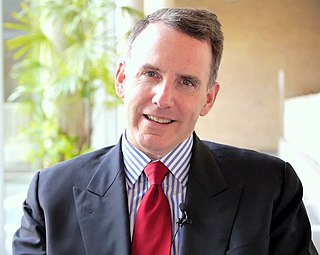A Quote by Jens Stoltenberg
We have a high standard of living. ... In Norway, we've tripled our income since 1970. In the rest of western Europe, income has merely doubled.
Related Quotes
There's a reason Atlanta, Dallas, Houston and Phoenix are our four fastest-growing areas. They offer an astonishingly high standard of living for ordinary Americans. New York City is a great place to be really rich and not a terrible place to be really poor, but it's a pretty hard place to live on $60,000 a year. You don't experience anywhere near the basic standard of living you would in Houston on the same income.
Most high-income people in our country do not realize that their incomes are being subsidized by their protection from competition from highly skilled people who are prevented from immigrating to the United States. But we need such skills in order to staff our productive economy, so that the standard of living for Americans as a whole can grow.
Our federal income tax law defines the tax y to be paid in terms of the income x; it does so in a clumsy enough way by pasting several linear functions together, each valid in another interval or bracket of income. An archeologist who, five thousand years from now, shall unearth some of our income tax returns together with relics of engineering works and mathematical books, will probably date them a couple of centuries earlier, certainly before Galileo and Vieta.
Is it just a coincidence that as the portion of our income spent on food has declined, spending on health care has soared? In 1960 Americans spent 17.5 percent of their income on food and 5.2 percent of national income on health care. Since then, those numbers have flipped: Spending on food has fallen to 9.9 percent, while spending on heath care has climbed to 16 percent of national income. I have to think that by spending a little more on healthier food we could reduce the amount we have to spend on heath care.
































